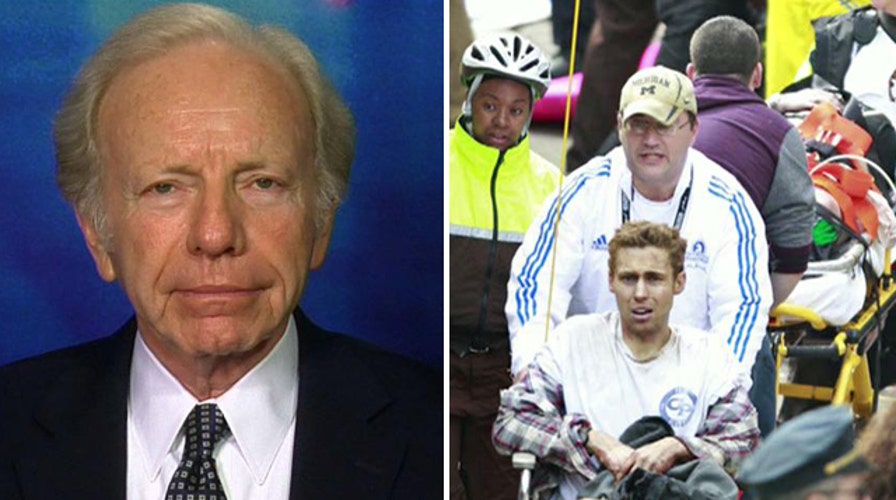Russia withheld a crucial piece of information from the U.S. before the Boston bombings, U.S. officials say, bolstering a concern that distrust between the two governments erased an opportunity to avert the disaster.
In 2011, Russia sent an alert to the Federal Bureau of Investigation about alleged bomber Tamerlan Tsarnaev, prompted in part by text messages between his mother and a Russian relative. The texts suggested Tsarnaev was interested in joining militant groups that Russia blames for attacks in the Caucasus region, according to U.S. officials briefed on the investigations.
U.S. officials call these text messages the most important in a series of missed signals between the two countries. One U.S. official characterized at least one of the text messages as generally discussing jihad, but without any specific mention of terrorism plans.
[pullquote]
The U.S. officials say they learned about them roughly a week after the April 15 bombings. Several officials say such precise information would have led to a deeper examination of Mr. Tsarnaev, who died a few days after the bombing in a police confrontation. His brother and alleged accomplice remains in custody.
The information Russia withheld "would have allowed the bureau to open an investigation where you could track [Tsarnaev's] communications," said House Intelligence Committee chairman Mike Rogers (R., Mich.). "To me, that's where the ball really got dropped."
Previous terror plots in the U.S. exposed lapses in data-sharing among U.S. agencies, and the official Boston review could still uncover such instances. But so far in the Boston bombing, U.S. officials say, it appears that intelligence-sharing went most awry between the U.S. and Russia.
After the Russian government made its 2011 query on Mr. Tsarnaev, the FBI three times requested more information and received none, U.S. officials say. Mr. Tsarnaev was a legal resident of the U.S. and a citizen of Kyrgyzstan.
The Kremlin said Russian security services gathered little information on Mr. Tsarnaev, but officials in the province of Dagestan said they tracked him during a six-month trip there in 2012. Russia never reported such details to the U.S. While in Dagestan, Mr. Tsarnaev met with a known militant, officials in Dagestan said.
U.S. officials say they don't know why the text messages weren't provided earlier. They surmised Russia didn't provide other information because they wanted to protect their sources or because they didn't give the information much credibility themselves.
To be sure, U.S. law-enforcement officials say it isn't clear whether knowing the content of the text messages would have changed what the FBI learned in 2011 about Mr. Tsarnaev's turn toward radicalization. A senior U.S. law-enforcement official also notes that the FBI, in sharing information with the Russians, often withholds details that could reveal its own sources and methods.
Kremlin spokesman Dmitry Peskov said he couldn't comment on specifics, but said that in 2011, "There couldn't have been detailed information on him because he didn't live on Russian territory." He declined to comment on whether Russian authorities have provided more detailed reports on Tsarnaev to the U.S. since the attack.


